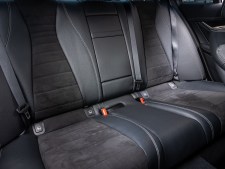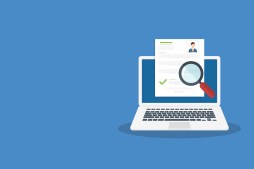Avoid Costly Mistakes: Expert Tips for Buying a Used Car
Are you in the market for a used car? Buying a used car can be an exciting experience, but it can also be overwhelming and risky if you don’t know what to look out for. To help you navigate the process with confidence, we have gathered expert tips to ensure that you avoid costly mistakes when buying a used car. From conducting thorough research to inspecting the vehicle, these tips will empower you to make an informed decision and drive away with a reliable used car.
Research is Key
Before diving into the world of used cars, it is crucial to conduct thorough research. Start by determining your budget and narrowing down your options based on your needs and preferences. Research different makes and models, their reliability ratings, and common issues that may arise with specific vehicles.

Next, check online classifieds websites and local dealerships for available options within your budget. Compare prices to ensure that you are getting a fair deal. Additionally, read reviews from other buyers who have purchased similar models to get an idea of any recurring problems or hidden issues.
Inspect the Vehicle
Once you have found a potential candidate, it’s time for an in-person inspection. If possible, bring along someone who has knowledge about cars or hire a mechanic to inspect the vehicle thoroughly. Begin by checking the exterior for signs of rust or previous accidents.
Open all doors, trunk, and hood to inspect their condition as well as hinges and alignment. Look out for any mismatched paint or panels that could indicate previous repairs. Additionally, check tires for wear patterns as uneven wear may suggest alignment issues or suspension problems.
Inside the car, test all electrical components such as lights, windows, air conditioning system, audio system etc., to ensure they are working properly. Inspect upholstery for any tears or stains and check if all seats adjust properly.
Check the Vehicle History
One of the most important steps when buying a used car is checking its history. Obtain the vehicle identification number (VIN) and run a vehicle history report using online platforms such as Carfax or AutoCheck. This report will provide you with information about past accidents, title status, mileage discrepancies, and any recalls or major repairs.
Additionally, contact the seller to ask for maintenance records. Regularly serviced vehicles are usually more reliable and have a longer lifespan. If the seller cannot provide any records or seems hesitant to share them, it may be a red flag indicating potential issues with the car.
Take it for a Test Drive
Before finalizing your decision, take the car for a test drive on both city streets and highways. Pay attention to how it accelerates, brakes, and handles various road conditions. Listen for any unusual noises that could indicate mechanical problems.
During the test drive, test all features including air conditioning system, audio system, cruise control etc., to ensure they are functioning properly. Additionally, pay attention to how comfortable you feel in the driver’s seat and if there is enough legroom and headroom for your liking.
Conclusion
Buying a used car can be a smart financial decision if done correctly. By conducting thorough research, inspecting the vehicle carefully, checking its history, and taking it for a test drive, you can avoid costly mistakes and make an informed decision. Remember to trust your instincts and walk away from any deal that raises concerns or seems too good to be true. With these expert tips in mind, you can confidently navigate the used car market and find a reliable vehicle that fits your needs and budget.
This text was generated using a large language model, and select text has been reviewed and moderated for purposes such as readability.











